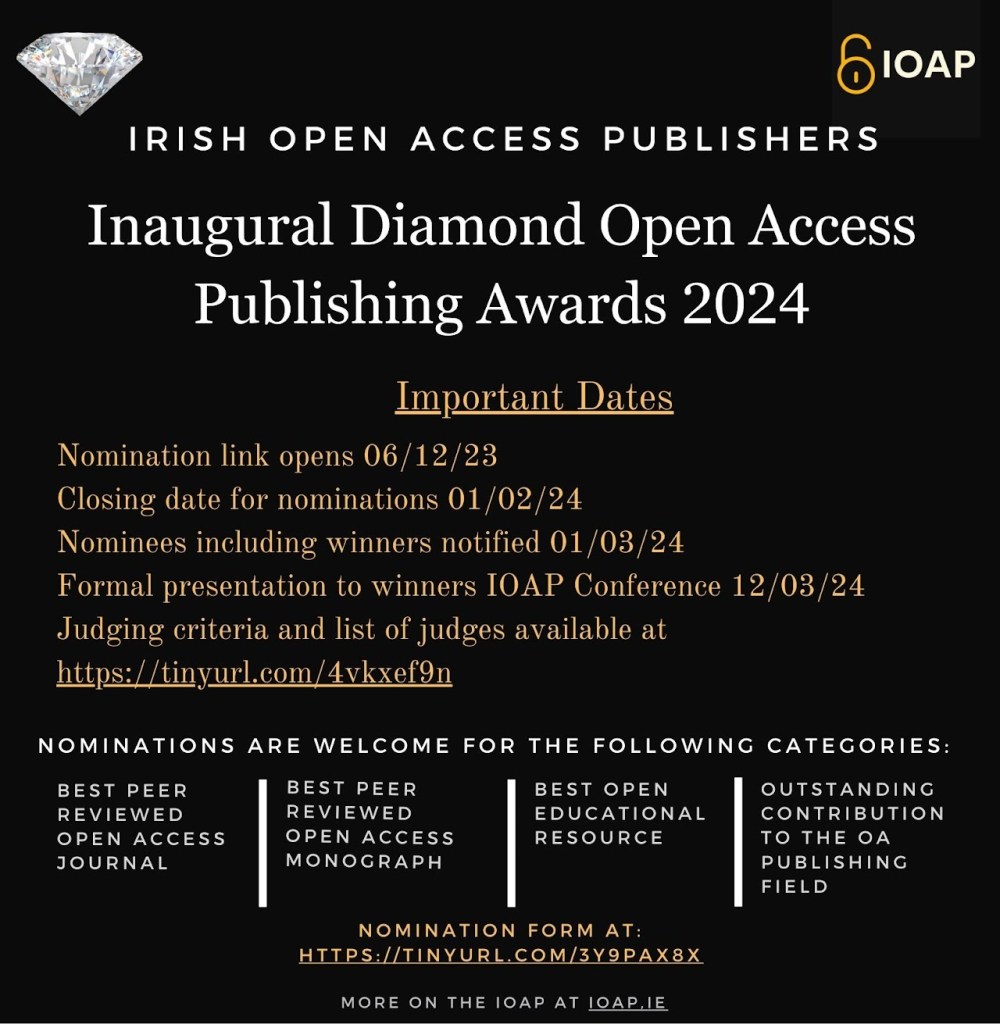It seems to be widely believed (by those responsible for research assessment) that what is important about research papers and their authors is not the research they describe but how many citations they attract. Thinking about this recently yet another anomaly in this attitude struck me arising from the fact that papers continue to attract citations long after the authors are dead. It seems surprising therefore institutions have not tried harder to use the citations of deceased researchers to boost their research profile. The last Research Excellence Framework in the UK allowed institutions to claim some credit for work by researchers who had moved on to another institution. Why then not allow institutions to claim credit for researchers who passed away?
The obvious problem with this idea is that it might encourage University managers to do even more than they do already to work their staff into an early grave. It seems to me the answer to that is obvious. Researchers should be allowed to stipulate in their last will and testament whom they would like to benefit from post-mortem citations. Or indeed carry some form of donor card…
The free market solution would of course be to set up a market to allow the citations accrued after death of a researcher to be traded.
Another anomaly is that the deceased are generally – though see here for an exception – not allowed to be authors on new papers. I think this is highly discriminatory. You might argue that a dead person can contribute neither to the writing of a paper nor contribute to the scientific discussions that led to it, nor even read a draft of the text, yet I have first-hand experience of many living people who do none of those things yet still manage to appear in the author lists of many papers…
Finally, let me remark that a researcher’s H-index, a quantity often used by institutions to inform decisions about promotion, also continues to increase after the researcher has kicked the bucket. Why, then, should the dead be barred from promotion? Perhaps there should be a new job category of PHR (PostHumous Researcher)? The departed could even take up senior management positions where they could do just as good a job as those in such positions already without incurring any salary costs. This approach could address many of the grave problems facing modern universities.
It is high time institutions adopted a much more inclusive approach to their late researchers who, instead of merely pushing up the daises, could be used to push up the citations.



















